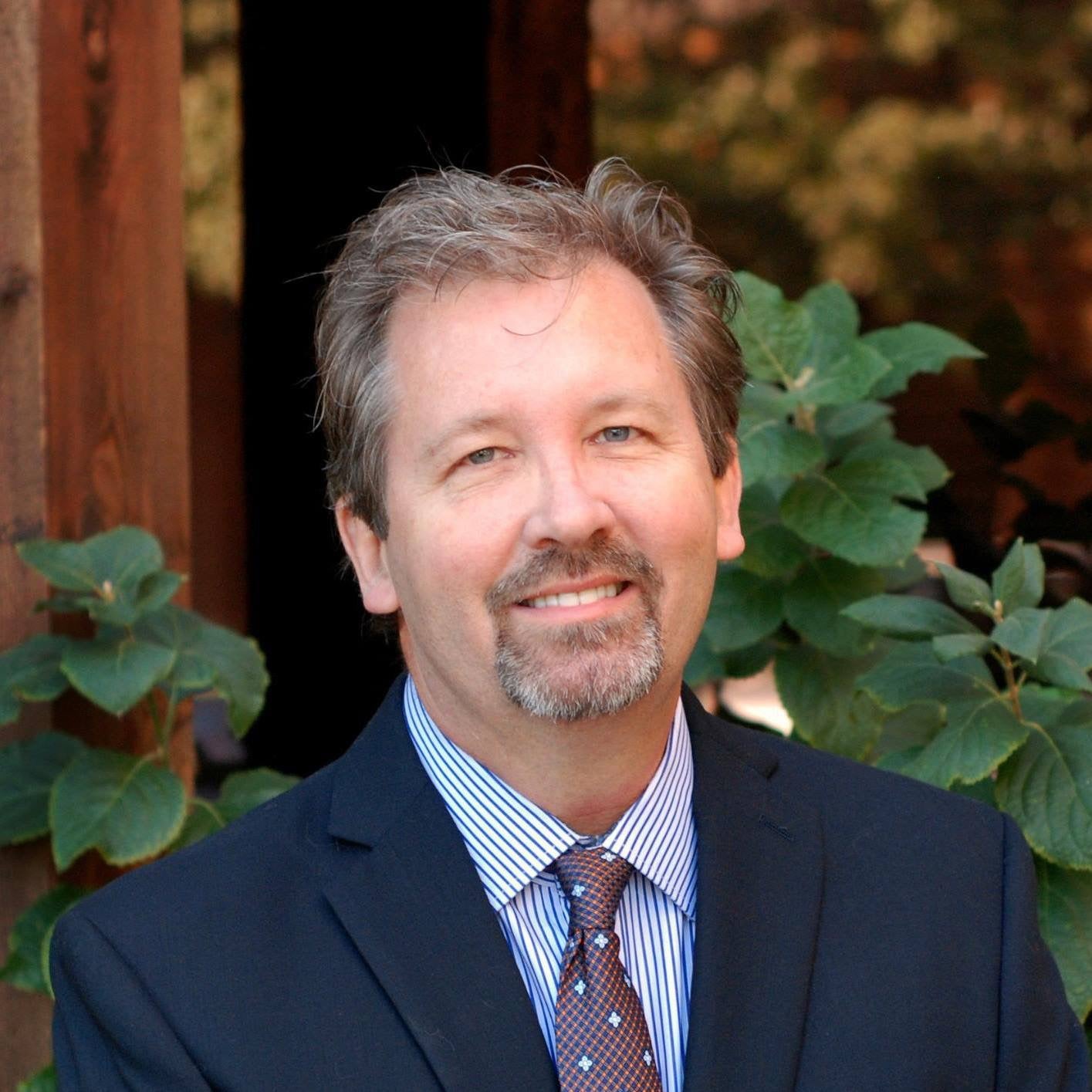Finley:Its your call
Published 2:30 am Monday, May 10, 2021
|
Getting your Trinity Audio player ready...
|
Does anyone remember the old days of being “on call?” Way back when you carried a pager instead of a smart phone? You would receive a number to call, and then you had to find a phone to use. When was the last time anyone saw a pay phone? Some fancy pager models would even let you type in a line or two of text on a very tiny green screen. It’s estimated that there were 61 million pagers out there by 1994.
Now, they are about as dead as the dinosaur – and all because of the advent of the cell phone, now more commonly referred to as the smart phone.
Still, for those who had one, pagers made us feel instantaneously connected, even though we really weren’t. The idea that someone could get a message to us, no matter where we were, was exciting. Now, we just take it for granted.
Something that’s never taken for granted, though, is a call to the Alzheimer’s Association 24/7 Helpline at 1-800-272-3900. It doesn’t matter what time of the day or night the call is made, the phone will be answered by a real live human.
Support staffers speak not only English, but Spanish, Chinese, Hindi and many other languages. You’ll speak with a specialist or master’s-level clinician in complete confidence. No matter what your question, you’ll find an answer.
Our Helpline staff can address memory loss, dementia, and Alzheimer’s disease. They can talk with you about medication and treatment options that may help with cognitive and behavioral symptoms for a time. They can offer strategies to reduce caregiver stress, and tips for providing quality care. They can even refer you to local community programs and services, and much more.
Do you need a TRS (Telecommunications Relay Service) operator? Dial 7-1-1.
Please note that our Helpline staff does not perform diagnosis. If you or someone you care for is having memory problems, please see your doctor.
The Alzheimer’s Association 24/7 Helpline is supported in part by a grant from the Administration on Aging, U.S. Department of Health and Human Services.
Meanwhile, you can always get the latest information about the Association’s COVID-19 guidelines for Alzheimer’s and dementia caregivers in long-term or community-based care settings here:
The Alzheimer’s Association leads the way to end Alzheimer’s and all other dementia – by accelerating global research, driving risk reduction and early detection, and maximizing quality care and support. Our vision is a world without Alzheimer’s and all other dementia. Visit alz.org or call 800.272.3900.





